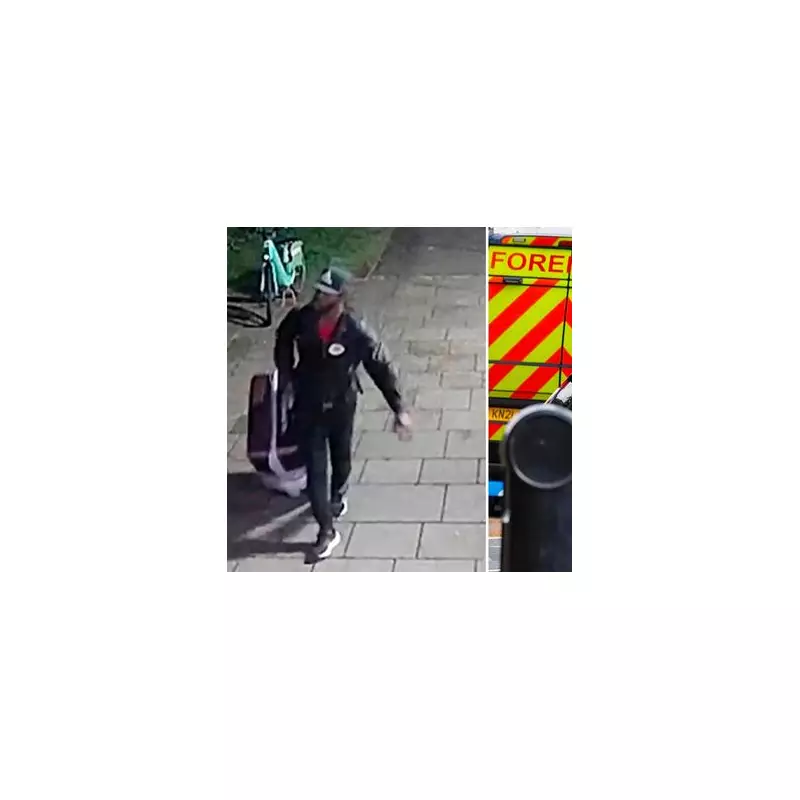
In a stunning breakthrough that has finally closed one of Britain's most haunting cold cases, forensic scientists have unmasked both victim and killer in the notorious Clifton suitcase murder after more than two decades of mystery.
The Grisly Discovery
The investigation began on a chilling February day in 2000 when walkers discovered a blood-soaked suitcase containing the dismembered remains of a young woman near the iconic Clifton Suspension Bridge in Bristol. The case immediately became one of the region's most baffling murder investigations.
Despite extensive efforts by Avon and Somerset Police, the victim remained unidentified for years, known only as the 'Bride in the Suitcase' due to wedding-related items found with her remains. The investigation spanned multiple countries and involved hundreds of interviews, yet the case grew cold.
DNA Breakthrough Cracks the Case
The turning point came through revolutionary DNA technology that enabled detectives to create a genetic snapshot of both victim and suspect. Through advanced forensic techniques, investigators identified the victim as 27-year-old Romanian national Alina Dobre, who had been living in London.
Further genetic detective work led police to Stephen Nicholson, a 45-year-old former security guard from Hayes, West London. The evidence revealed a brutal domestic violence incident that turned fatal, followed by Nicholson's elaborate attempt to conceal his crime.
The Killer's Downfall
Nicholson's conviction came through overwhelming forensic evidence, including:
- Bloodstains matching the victim found throughout his home
- DNA evidence linking him directly to the suitcase and its contents
- Forensic analysis showing he had meticulously cleaned the crime scene
- Evidence of his attempts to dispose of the body in multiple locations
Despite his not guilty plea, the jury took just three hours to convict Nicholson of murder following a compelling trial at the Old Bailey.
Justice After Decades
Detective Superintendent James Riccio, who led the investigation, described the case as "one of the most complex and challenging of my career." He praised the international cooperation between UK authorities and Romanian police that ultimately brought closure to Alina's family.
The successful use of cutting-edge DNA technology in this case represents a significant advancement in cold case investigations and offers hope for solving other long-standing mysteries across the country.





